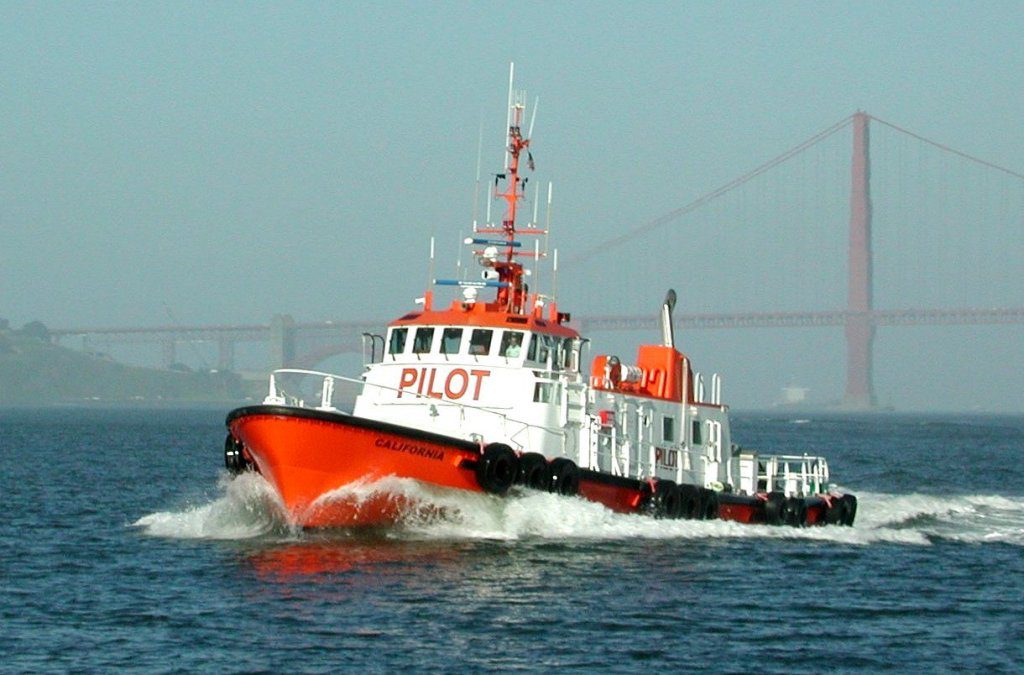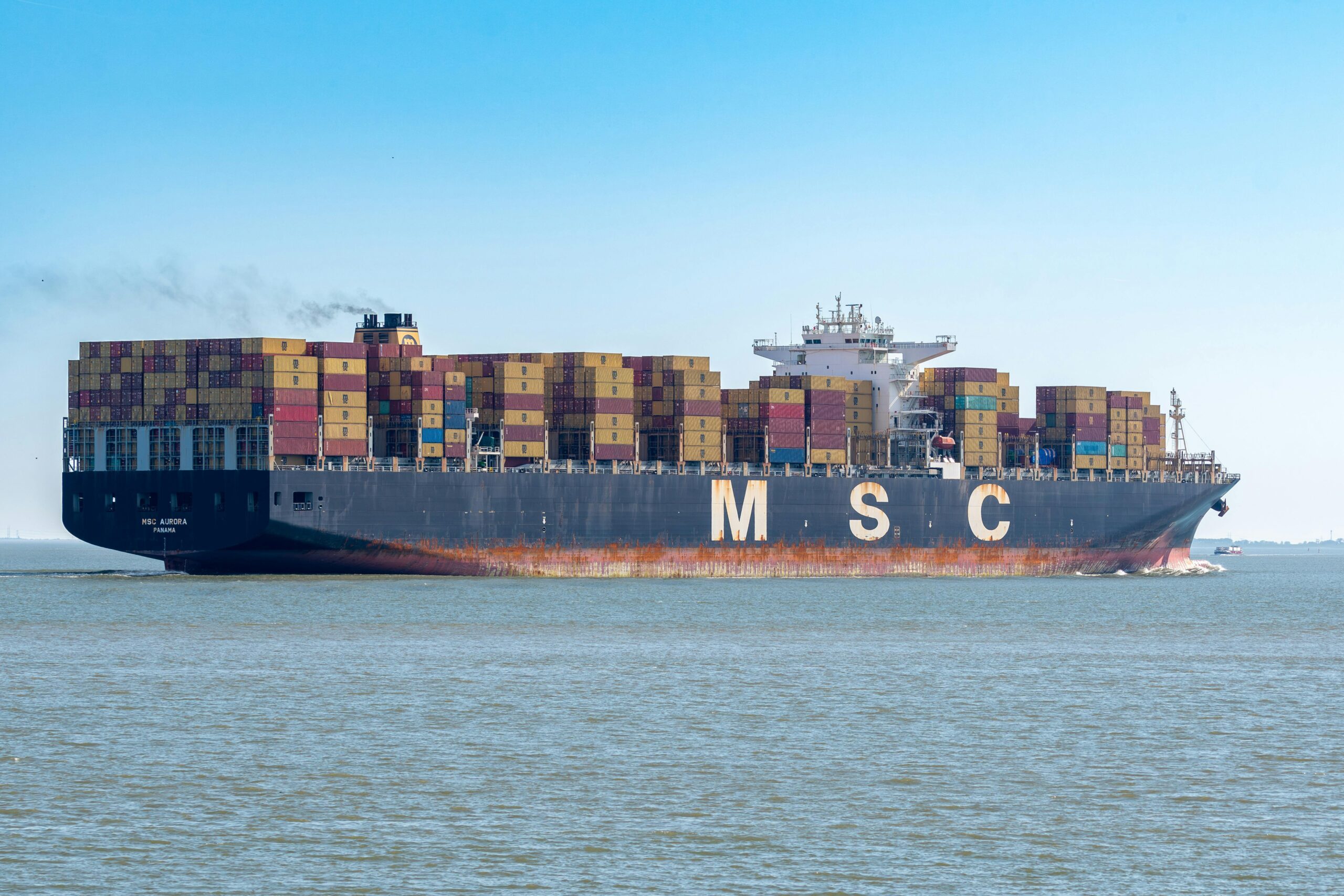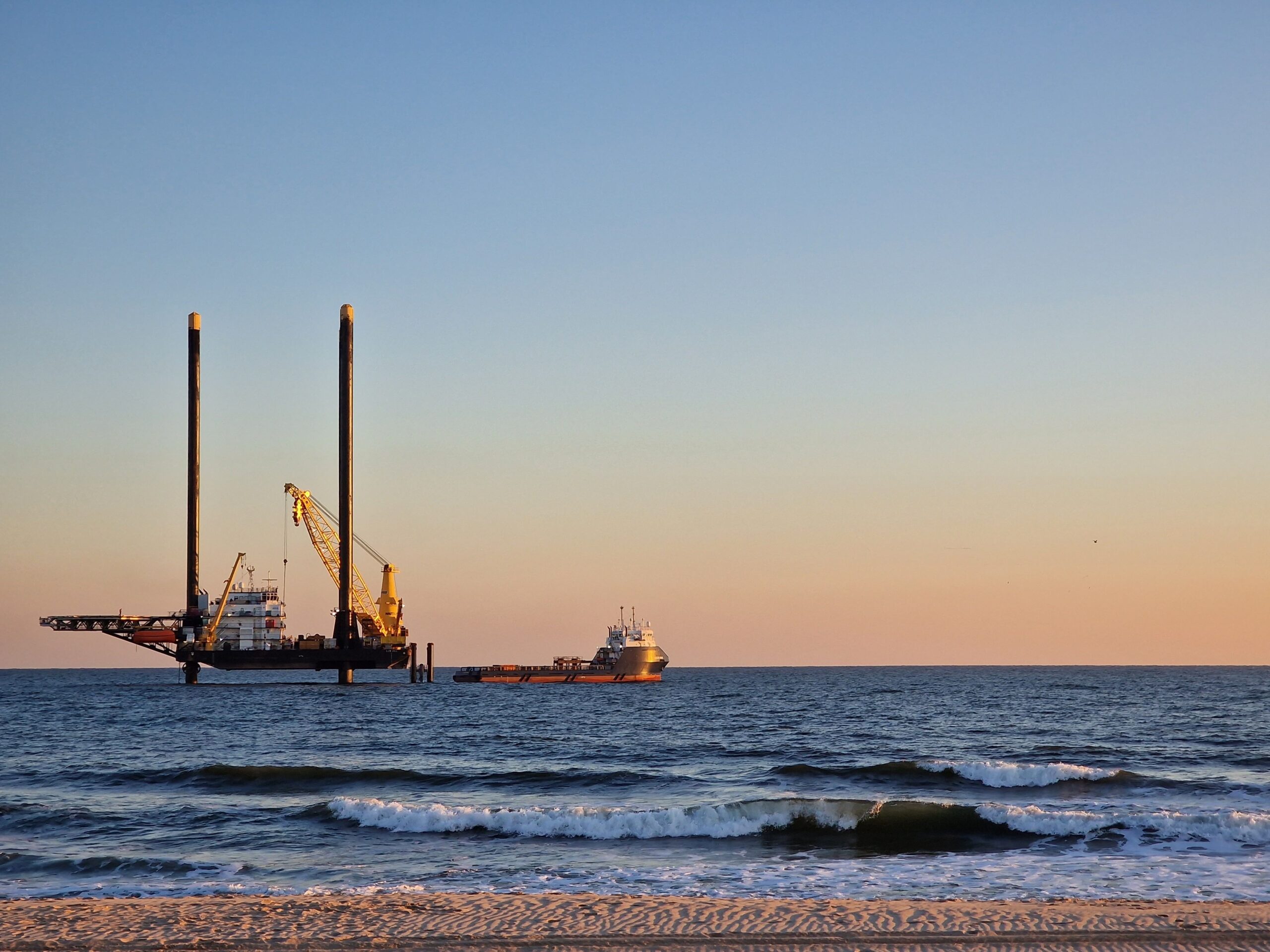Photo: Courtesy of the San Francisco Bar Pilots
Article by Allen Garfinkle, Executive Director – Board of Pilot Commissioners for the Bays of San Francisco, San Pablo, and Suisun
What mariner hasn’t spent some of those long night watches at sea daydreaming of possible career change opportunities? Often those daydreams include visions of being a harbor or bar pilot. And why not? After all, pilots are at the top of the maritime occupational pyramid, with prestige and earnings to match. Well, I am here to give you three good reasons why you shouldn’t be a pilot.
The first reason is that they work ships in close proximity to hard objects all day long. Whether it is approaching a dock, crossing a dangerous sand bar, or going up a shallow waterway, piloting by definition, has you working in and around hard objects, dangerous topography, and situations most mariners go out of their way to avoid. When I was going to sea, it was my goal to not make contact with anything hard, but that is what pilots do, day in and day out, making intended contact with hard objects, hopefully gently landing alongside a pier. You might notice that I used the term “intended” contact, because there are plenty of opportunities to make “unintended” contact, which is not a good thing, and therein lies the rub. When you maneuver ships in confined waters, there is a good chance you will eventually touch something you didn’t intend on touching, resulting in an “incident” and attracting the unwanted attention of regulators.
The second good reason not to become a pilot is that you become one of the most heavily regulated mariners in the country. Not only does your federal regulation increase, with additional endorsements on your credential and medical assessments every year (you become very familiar with the CG-719K form) but all of a sudden, the state in which you operate may be in your business as well. Ever since the Lighthouse Act of 1789, Congress and the courts have allowed states to have jurisdiction over pilotage¹. In California, for example, the state created a Pilotage Commission in 1850 that regulates pilotage activity on San Francisco Bay and its tributaries. That commission issues the license required to be a commercial pilot on San Francisco Bay. As a condition of that licensing, a pilot there is subject to fitness standards far more stringent than the Coast Guard, effectively monitoring changes in your health all year long, with reporting requirements and a broad range of chemical testing going well beyond the typical
Department of Transportation drug test panels. The Pilot Commission also mandates continuing education consisting of a manned model course and a bridge resource management course every five years, and there is a requirement to carry a Portable Piloting Unit, or PPU (the arcane term for a personal laptop or tablet computer that runs navigation software) on every job. Furthermore, the state continues to get in your business with incident investigation of any event where there is a possibility of pilot misconduct, which is quite a bit broader than the Coast Guard threshold of “serious marine incident.” Some other areas ripe for state regulation (but yet to be implemented in California) are mandating limits on hours of work and minimum hours of rest, in an attempt to prevent fatigue related safety issues, and peer reviews or skills assessment programs.
The third good reason not to be a pilot is that it is dangerous work. Despite all the technical improvements that have been achieved in the maritime industry, pilots still board via rope pilot ladders draped over the side of the ship². Unfortunately most piloting injuries or deaths occur during the pilot transfer. The condition of the ladders and manropes varies widely, and the poor rigging of even a ladder in good shape can pose a safety threat. There have been many documented cases where a manrope parted when a pilot put his trust in it. The problem of substandard or poorly rigged pilot ladders is so widespread, that there is even a Facebook page devoted to documenting dangerous pilot ladders. One year, in the not so distant past, four pilots nationwide lost their lives while boarding or disembarking ships.
Despite all these good reasons not to become a pilot, there are many upsides to this noble profession. You get to share in the best part of every trip to sea, the landfall. If you live near the pilot grounds, you get to spend more time at home than most mariners. In some jurisdictions you work one week on, one week off, providing you with ample time off to pursue your hobbies. You get to drive a variety of ships, some of which incorporate the newest technology available, such as Azipod propulsion. And, of course, the financial compensation for pilots is typically among the best in the industry!
If you are one of those mariners who considers the good reasons to seek a career change to piloting outweighs the negatives, the Board of Pilot Commissioners for the Bays of San Francisco, San Pablo, and Suisun is hosting an exam in June to select pilot training applicants to train for licensing on San Francisco Bay. Applications are due April 1, 2019. Applicants who are successful on the exam will be placed on a list from which the next trainees are drawn. Trainees who complete the training program will have an opportunity to join the San Francisco Bar Pilots, a prestigious group of state licensed pilots who pool their resources to offer pilotage services on San Francisco Bay, its tributaries, and Monterey Bay. For more information, visit the Board web site at https://bopc.ca.gov/application/
1 There are some exceptions to state jurisdiction, most notable is U.S. flag vessels in coastwise trade and pilotage on the Great Lakes.
2 There are some exceptions to this, as Columbia River Bar Pilots board by helicopter more often than by boat, and Southwest Alaska pilots occasionally board by helicopter.

 Join The Club
Join The Club











